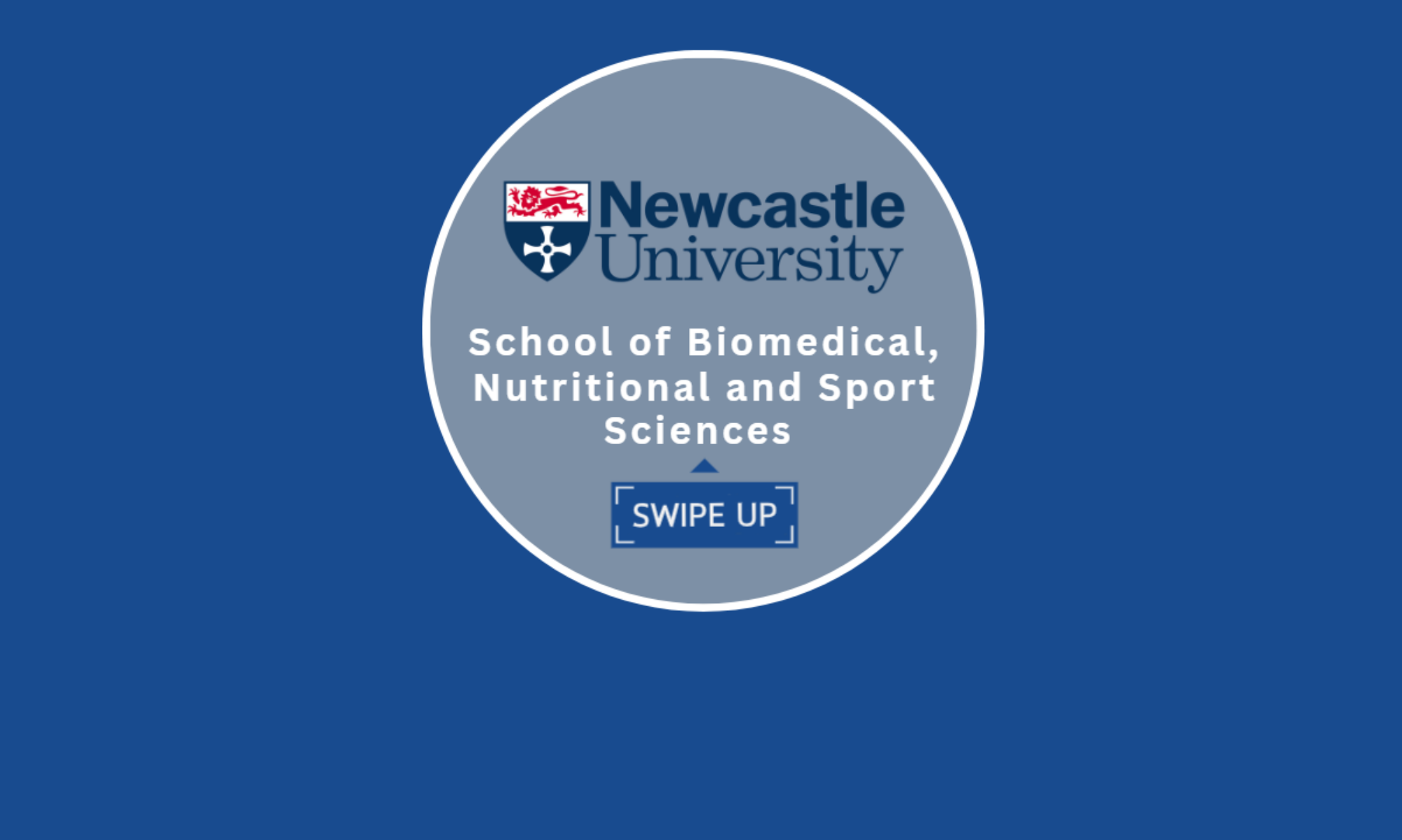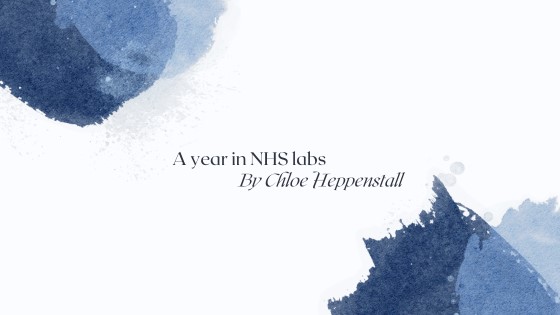By Chloe Heppenstall
What goes on in the NHS laboratories?
Rather than a research-based placement, my time in the NHS laboratories involved completing routine assays to test samples and deliver crucial patient results as soon as possible. I was part of the Immunology team within Laboratory Medicine, however there are numerous different departments, such as haematology, virology, microbiology, or chemistry. Having previously worked in the NHS as a domestic, I thought I knew a lot about what happens in the hospitals, but this placement was a huge eye opener as to how much goes on behind the scenes!
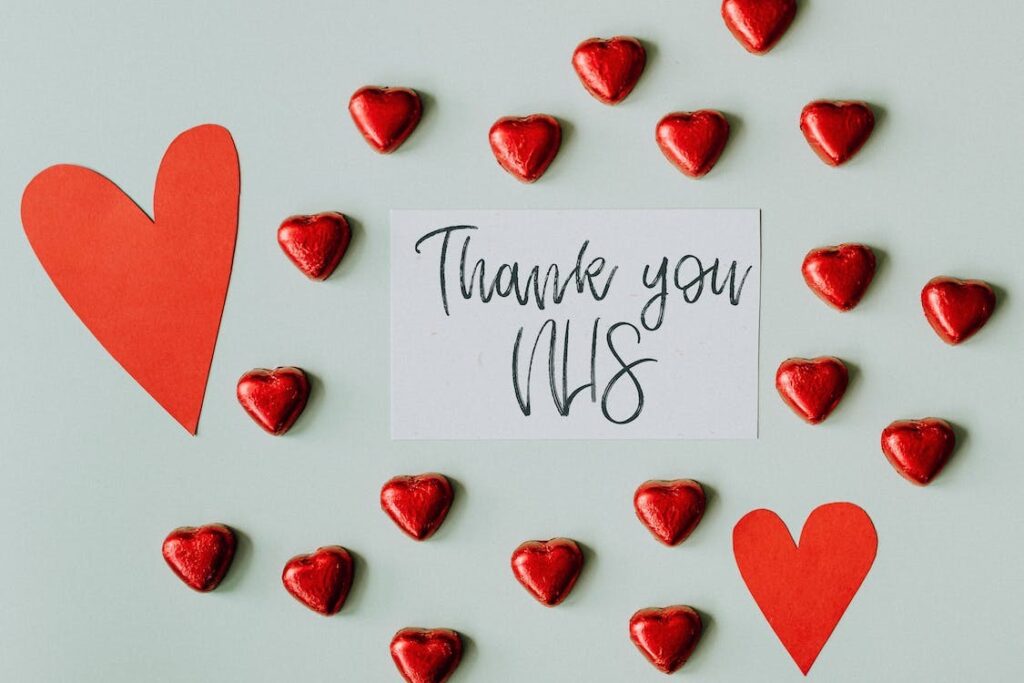
Why I applied for a placement year.
As I was heading into my second year of University, I was developing a deep interest for Immunology, however I was unsure on what careers would involve this work, and if I would enjoy it. I figured a laboratory-based placement would be the best way for me to understand what work in this sector looks like, and if it was something that I could thrive in. From enjoying my time in the labs at university, I knew a hands on, lab-based placement would be something for me. By taking on this exciting opportunity in the Immunology laboratory in the NHS, I was able to utilise my skill set and knowledge further in an area I was keen on progressing into.
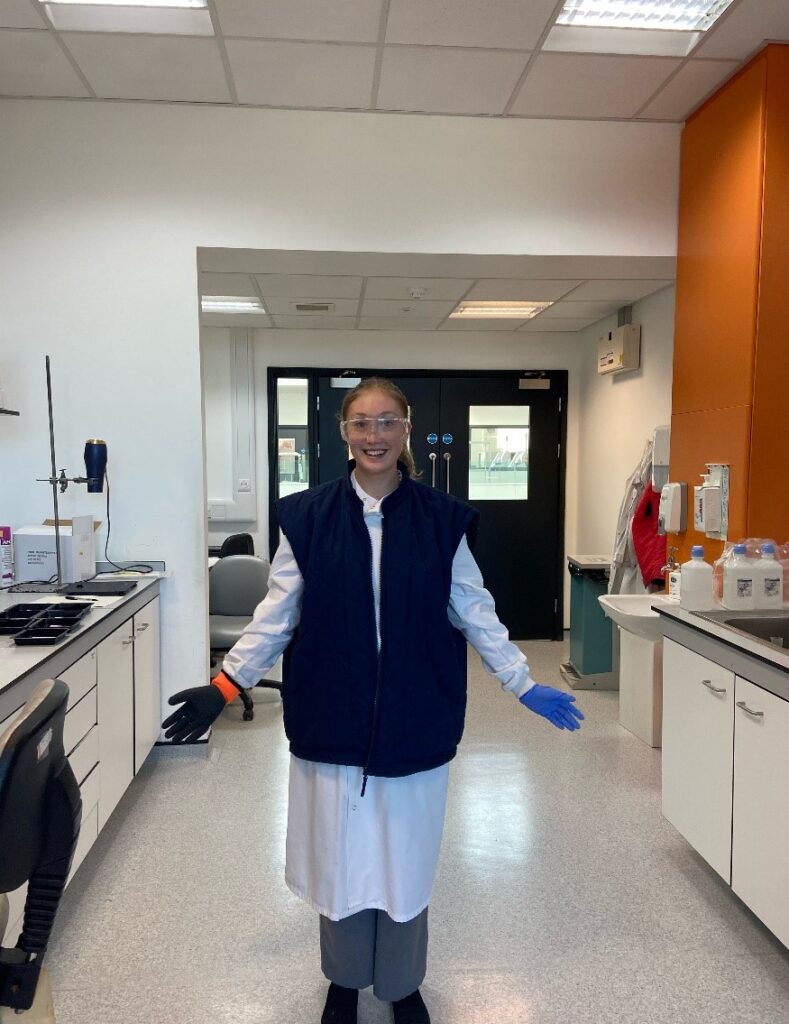
What does a typical day look like?
Each day differed depending on which bench I was allocated to. Within the department, there are 7 different benches, which a Biomedical Scientist would usually spend between 2-6 months on before rotating. These benches involve techniques such as gel electrophoresis, immunofluorescence, immunofixation, immunodisplacement, and automated and manual assays. As part of my placement, I had the opportunity to rotate around all the benches, and each bench was dissimilar to the last. Depending on turnaround times, any backlogs of samples, or any additional work the lab was taking on from other labs, one bench could be a lot busier compared to other benches, and require more staff members to help.
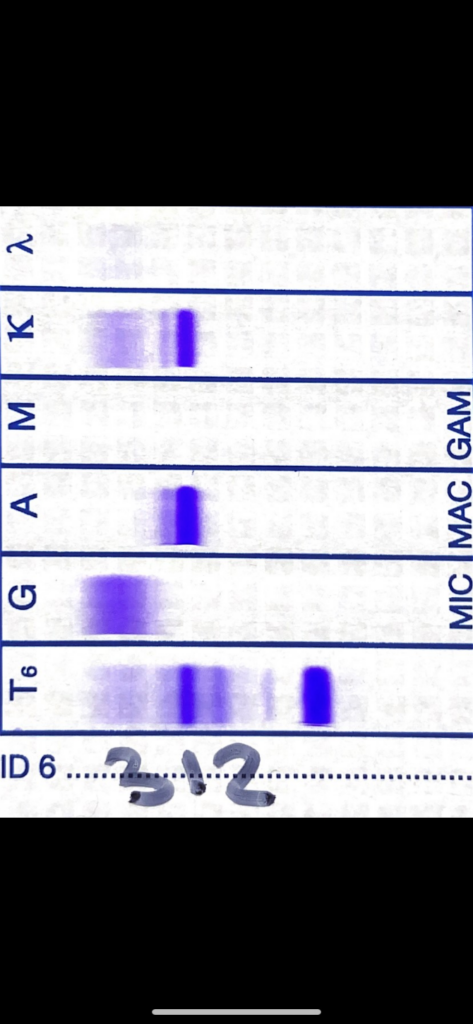
What did I learn?
In addition to utilising laboratory techniques I acquired during university, I learnt a range of new methods which I will carry as valuable experience for future job prospects. Furthermore, I learnt the importance of turnaround times, and the impact which can occur for the patient if these are not met. My professionalism also grew, as I frequently had to speak to other healthcare professionals, such as nurses in A&E, or midwives. Outside of the lab, the clinical scientists held lectures and journal club sessions, which focussed on the clinical applications and impact of the assays we were completing in the laboratory. This was useful as time in the lab can become very fast paced and repetitive, and it can be easy to forget why you are doing what you are doing. Finally, I made a lot of friends who share similar interests and hobbies to myself, which enabled me to develop a healthy work-life balance.
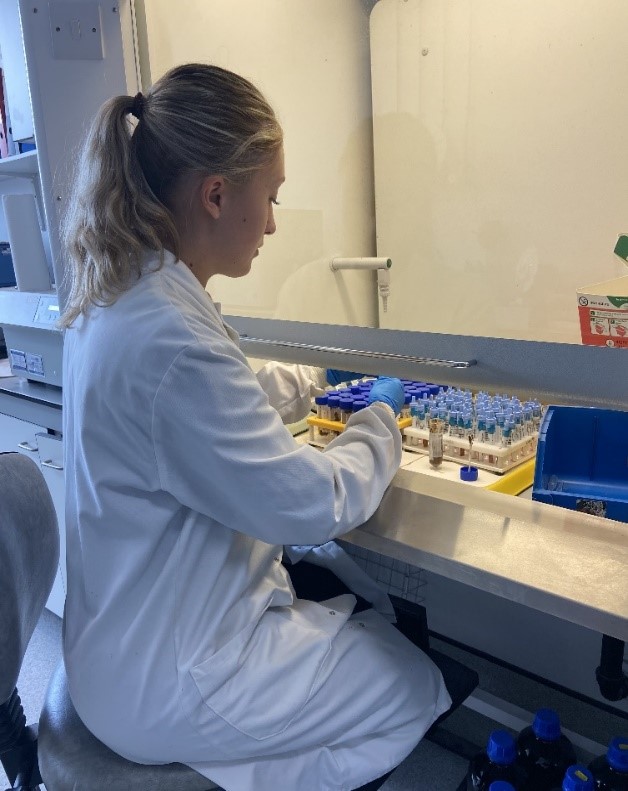
What did I find challenging?
Although many people warned me, adjusting to the 9-5 working life was extremely difficult. Despite my day finishing at 5 and having my weekends off, I have been just as tired working 9-5 than I was at university with loads of deadlines! On the other hand, there was no stress like there is with university, and if I ever had any problems with work, or I did not understand a concept, the team in Immunology were so welcoming and would give me as much time as I needed to understand and complete something.
Would I recommend a placement to other students?
Absolutely. The skills and experience you acquire whilst on a placement are invaluable, and put you in the best position for applying to jobs after university. If you are seeking hands on experience and a taste of the real world outside of university, do not hesitate to apply to placement opportunities! Aside from the unique skillset I have acquired, I have also been given opportunities to meet new people and discuss their opinions on interesting real-life assay topics, and my potential career in the NHS. I feel confident in a laboratory workplace, which is something I never thought I would be saying!
I now cannot wait to complete my final year at university, obtain my degree, and take my skillset further either in postgraduate studies or in a job.
